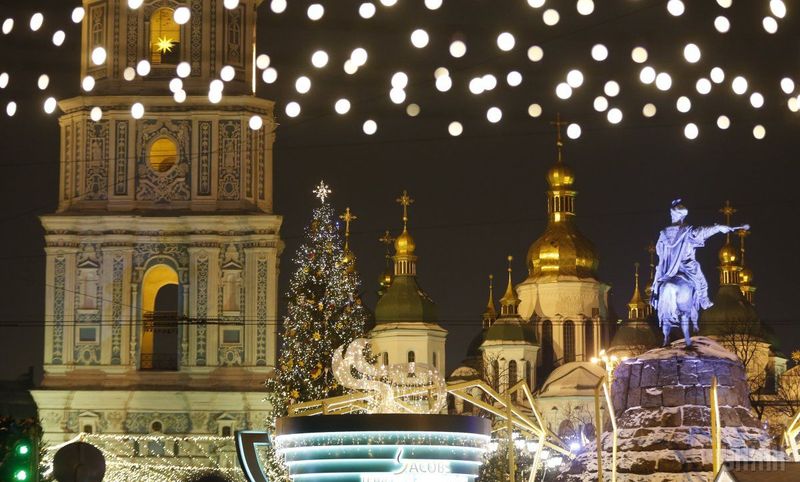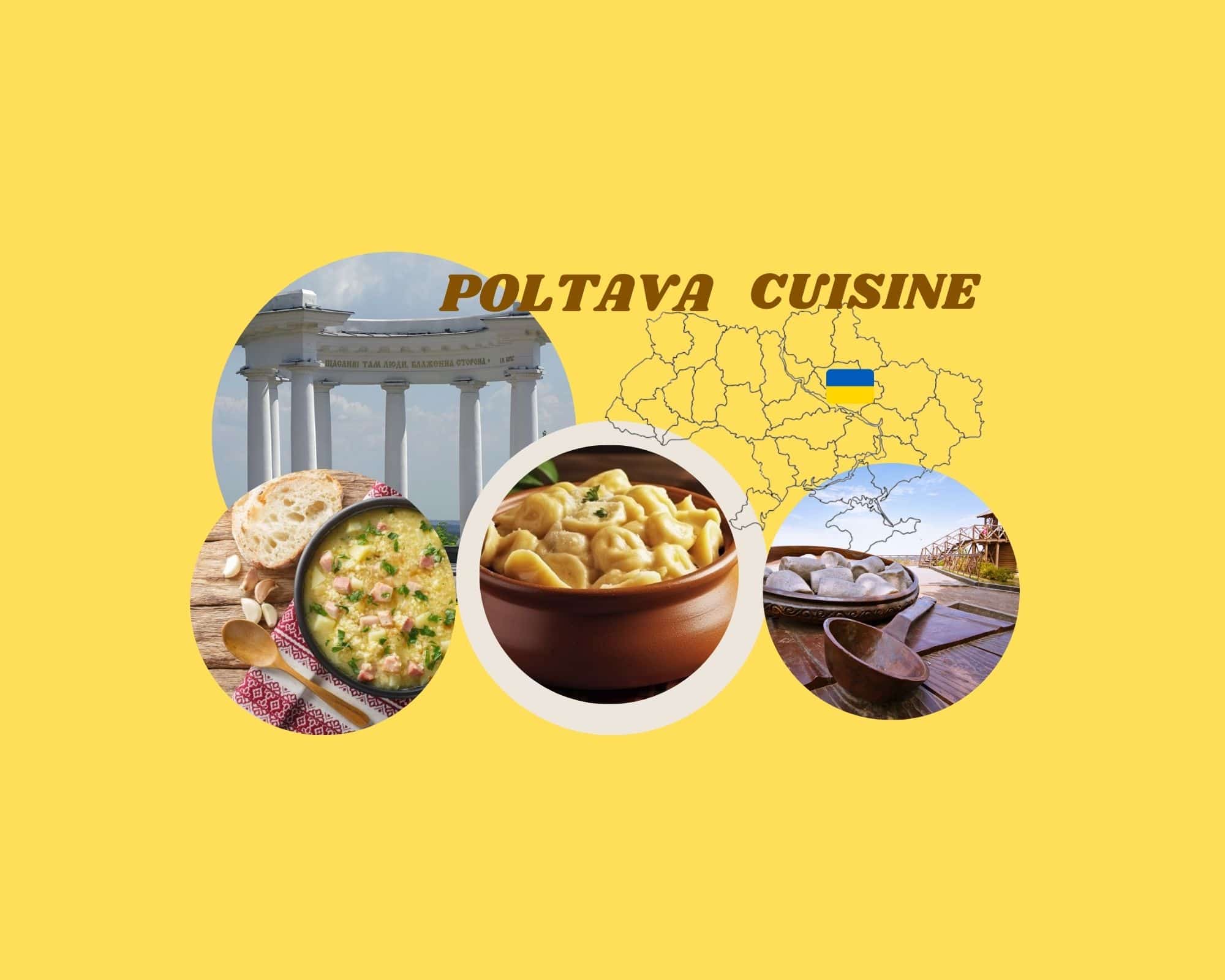Once upon a time, Ukrainians called January studen, i.e. a very cold month. There were three important holidays during this period: Christmas, Epiphany, and Old New Year (St Vasyl Day). How did Ukrainians celebrate these holidays and what exactly did they cook for the feast?
Christmas
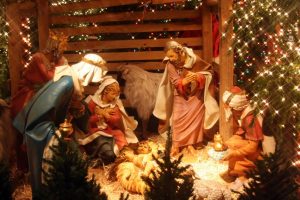
Traditionally, the family celebrated Christmas for 3-4 hours and at the end of the meal all dishes were left on the table since it was believed that deceased relatives will definitely visit their home to enjoy family delicacies.
Old New Year (St Vasyl Day)
On January 14 Ukrainian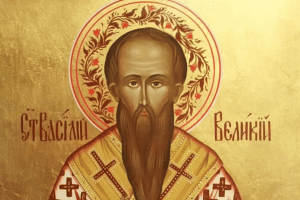
– a bean in a dumpling means children will be born in the family;
– if you got a dumpling with lots of pepper – get ready for life’s surprises;
– button in a dumpling means good news are waiting for you.
Pork dishes were also often served, as St Vasil was considered the patron saint of this cattle. In fact, this animal was a symbol of wealth and prosperity for the family.
On this day there was an interesting tradition of fortune telling: girls cooked buns called balabushky, laid them out on the bench and then called the dog. Whose bun the dog will eat first – that girl is going to get married sooner than other girls.
Epiphany
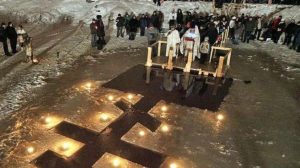
It is believed that every prayer on this day is heard and all sins can be washed away by the water (that’s why it is customary to bathe). In the morning, it’s good to drink a glass of holy water on an empty stomach, and later gather at a festive table. Varenyky (dumplings), fried liver, holubtsi (stuffed cabbage rolls), meat dishes and sausages were the main “heros” of the feast. For dessert, Ukrainians usually baked cookies and pies with nuts. They also boiled kysil (fruit/berry drink or jelly dessert).
As you see, Ukrainians have many entertaining New Year traditions throughout almost the whole month of January. And it’s a great excuse to enjoy some traditional Ukrainian recipes. All the more we have many tasty recipes on our blog.

